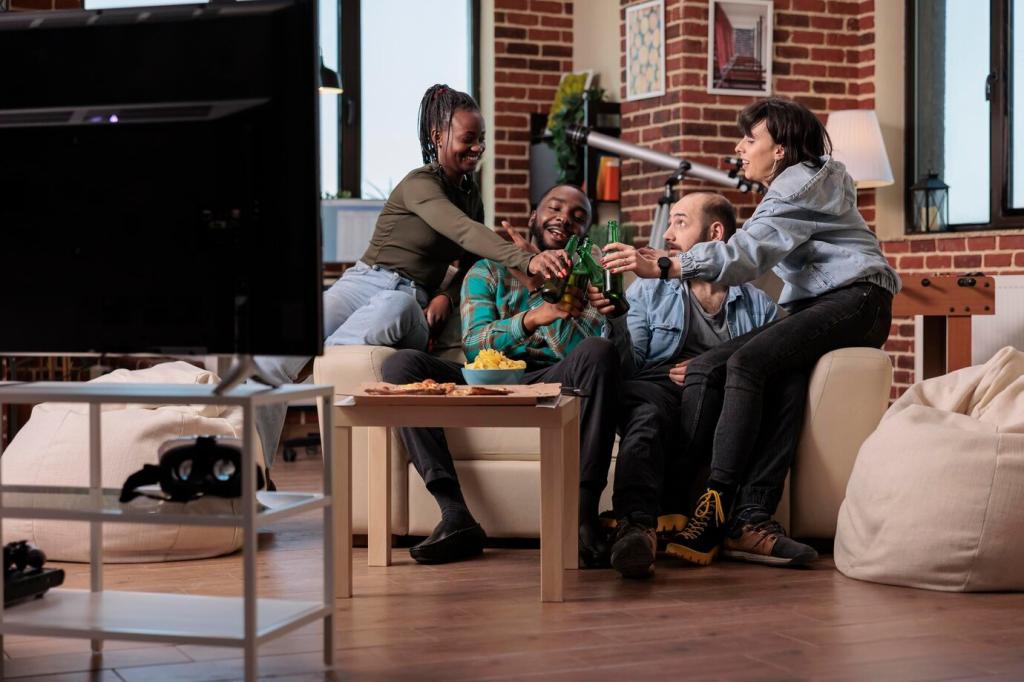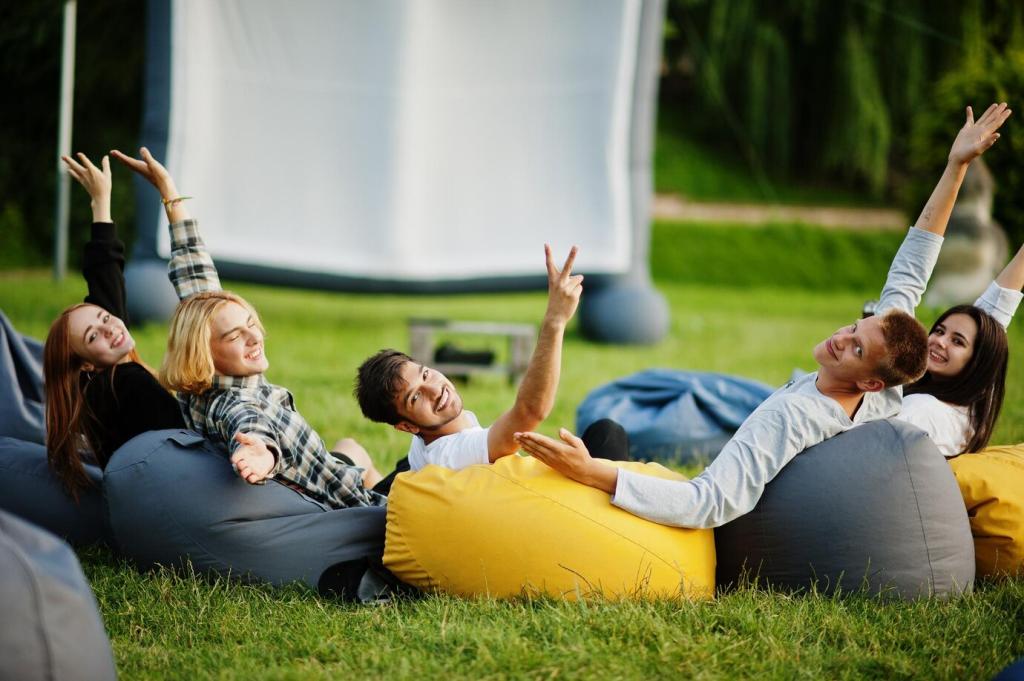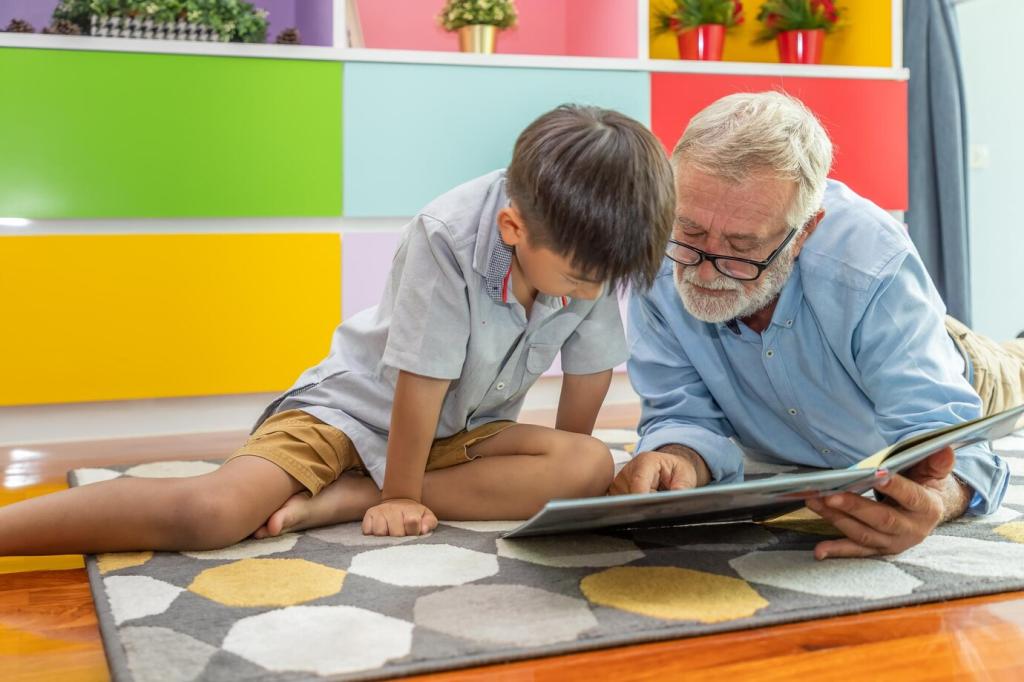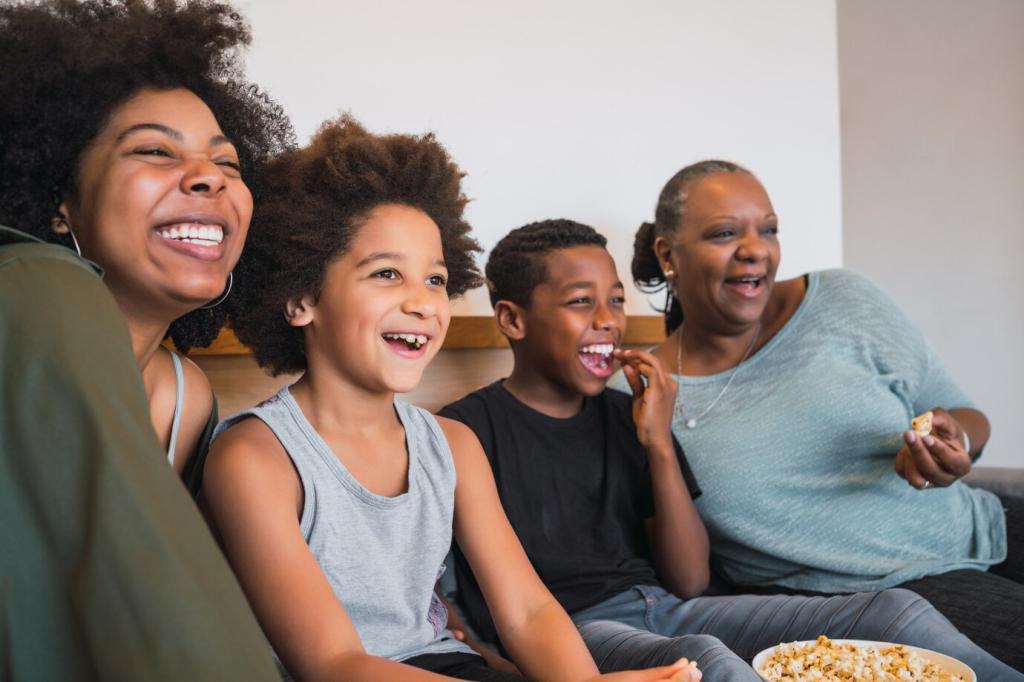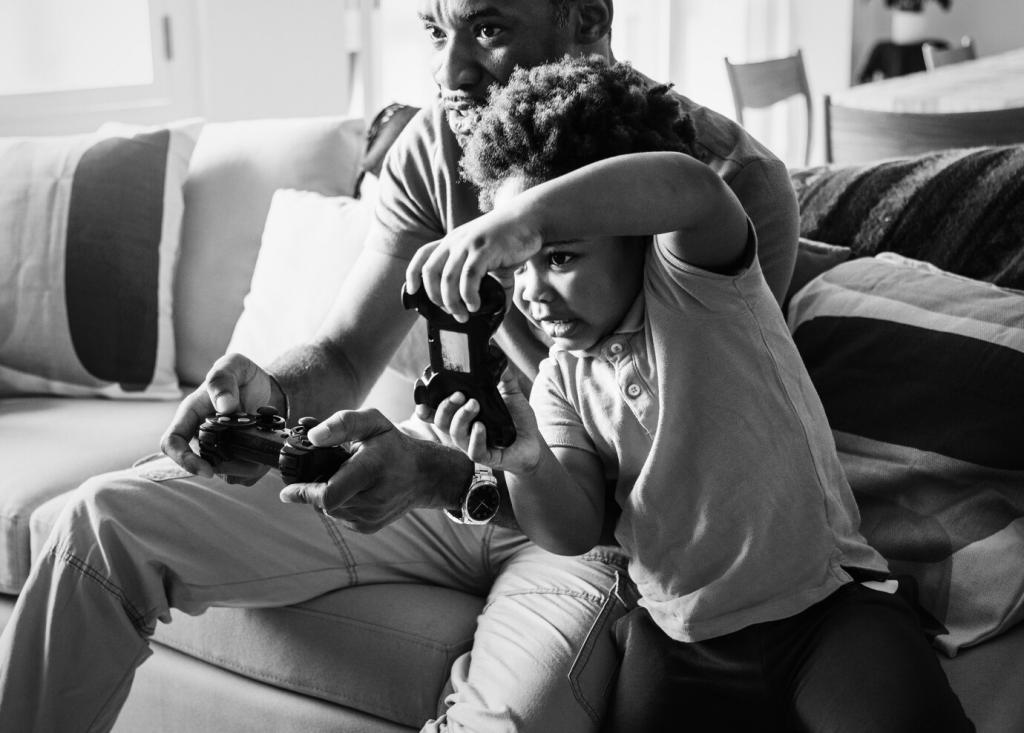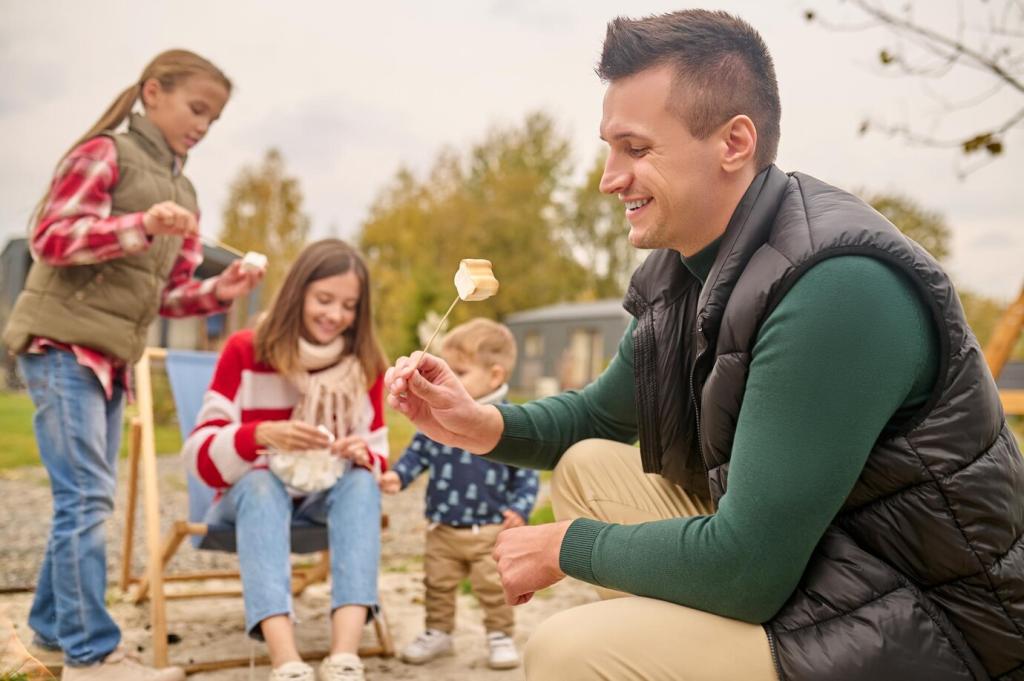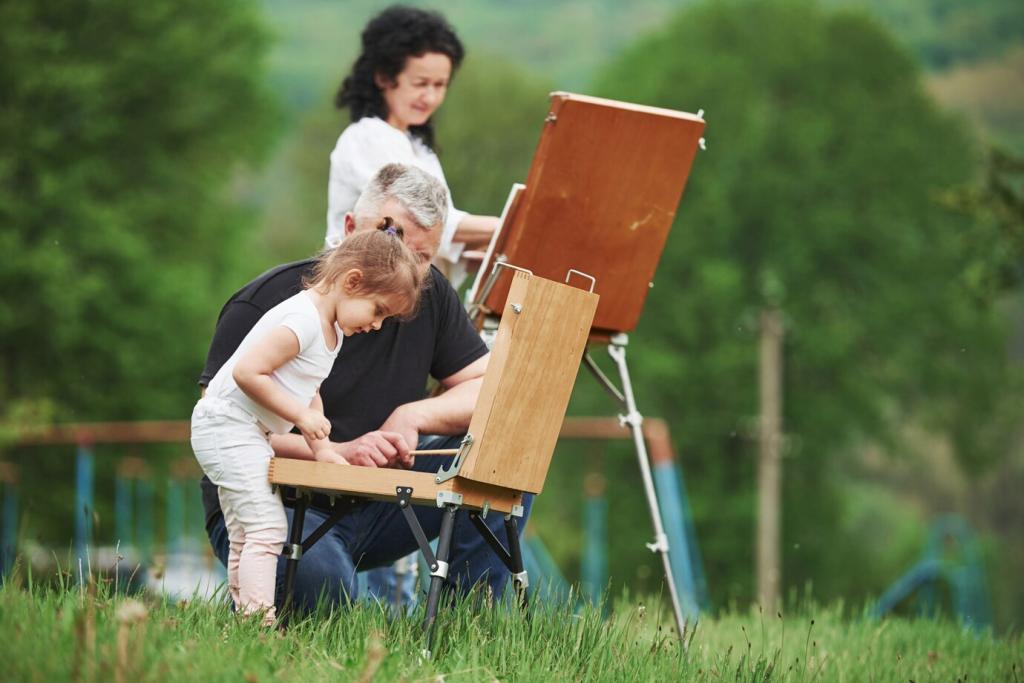Join the Crew: How Families and Teachers Can Get Involved
We host short virtual or dockside briefings to preview activities, safety routines, and learning goals. Parents ask questions, share hopes, and suggest topics their children love. Add your family’s top three ocean questions in the comments so we can shape upcoming voyages together.
Join the Crew: How Families and Teachers Can Get Involved
We align fieldwork with classroom standards through pre-trip lessons, on-deck data sheets, and post-cruise projects. Teachers can adapt pacing for different groups and spaces. Subscribe to receive our planning framework and contribute your favorite extensions so we can keep refining this shared toolkit.

